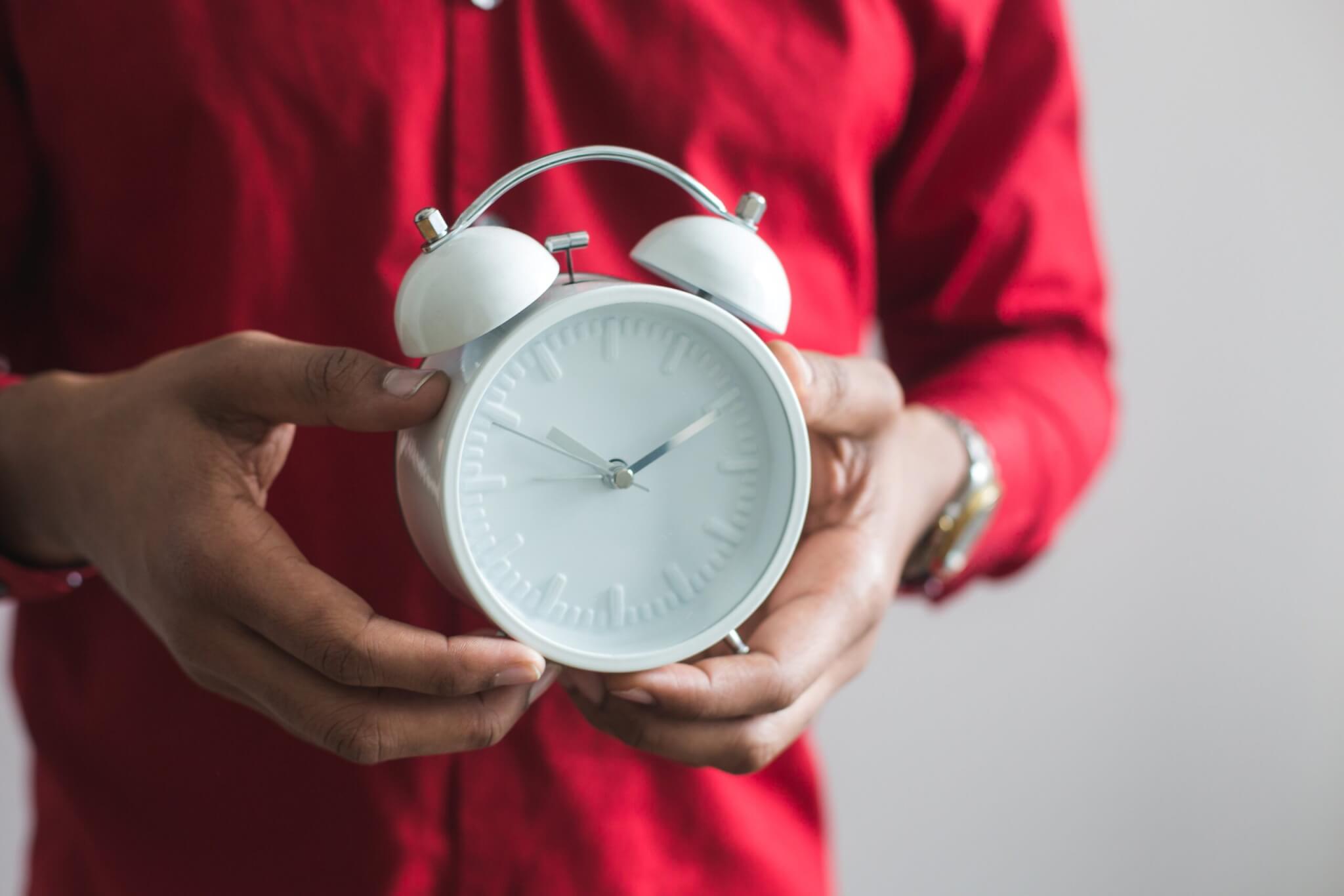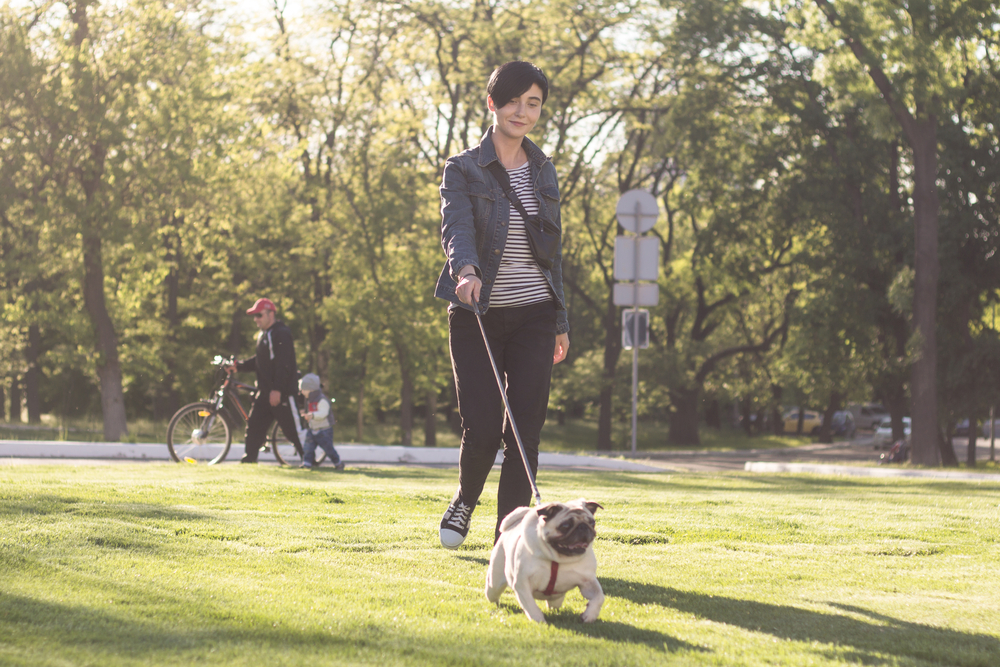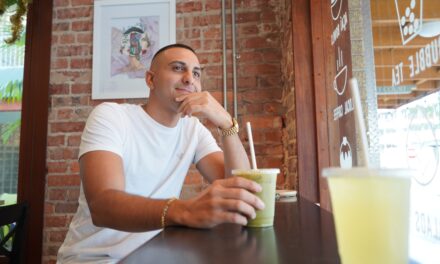It’s Not Too Late To Use This Long Weekend To Recommit To Your Health

Long weekends are great for many things.
Seeing friends, exploring new adventures, catching up on projects, and just plain relaxing.
They are also the perfect time to reconsider a commitment to feeling great in your body and taking a strategic look at your health and wellness routines.
This is important business. With everything happening around us and in the world, we need to feel at our best to feel energized and empowered to live our lives, do our work, and support our families in however we can.
We are reminded of the words by Gandhi “As human beings, our greatness lies not so much in being able to remake the world- this is the myth of our age- as in being able to remake ourselves” – Mahatma Gandhi.
That has been our focus; we spent the weekend considering “How do we remake ourselves in wellness?” That is our mission. We are in endless pursuit and editorial mission to bring you the latest ideas and best strategies to support you on your fasting journey. And we are ever glad to explore this search for wellness with you and curate solutions that you can consider, try, and integrate easily into your life. To get started, enjoy these six can’t-fail-tips for a quick health reset. They are super practical and don’t require any investment or new equipment, just your commitment.
You can do this. We believe that you can improve your life by considering how you behave on a healthy behaviors continuum. Driving the health needle in a positive direction starts with paying attention to these six factors: eating and fasting, moving and resting, doing and being. These lifestyle pillars provide a foundation to energize all of life’s pursuits. Studies show that approximately 45% of our daily behaviors are automatic. Making a simple shift in each of these categories can provide the momentum and positive encouragement you need to change your daily health habits for the better.
These are plug-and-play wellness strategies that you can start today–from home or from anywhere. Start them now while you still have some weekend time to breathe–or use this time to plan and reflect on why being healthy matters and how it will impact your life for the better. Then set a start date to reboot your healthy–officially. Either way, don’t put it off. It’s important. Just remember, it’s not too late to use this long weekend to recommit to your health.
Eating/Fasting
EATING
We have long known that what we eat matters. Food is information and provides the nutrients that your body needs to heal, grow, and thrive. Don’t worry; we promised a no-fail plan. We are not here to ask you to give up sugar, stop drinking Starbucks, or avoid your evening glass of wine. Not that any of that is terrible advice –it is actually worth your consideration.
Our challenge, for now, is simple, Swap one meal starting today and for the next 30 days with a plant-based giant plate of greens. Studies show that those who prioritize a diet consisting primarily of whole plant foods, including – fruits, vegetables, whole grains, beans, nuts, and seeds, are less likely to experience and suffer from heart disease, type 2 diabetes, obesity, and certain cancers. Low fat plant-based diets have also been shown to reverse established coronary artery disease, reverse type 2 diabetes, and enable effective and sustained weight loss. In other words, the more plants you eat, the better.
Bonus Tip: Another habit that you already know yet likely still struggle to accomplish: Hydration. Drink a minimum of eight glasses of water each day. Start with one glass when you wake up. Then as you start your day, set your phone timer for fifty minutes and drink a glass of water every hour, except during your mealtime hours. Finish with a small glass of water an hour before you sleep and see how you feel the next day. Adjust for thirst.
 FASTING
FASTING
Fasting is, without reserve, an essential part of a healthy lifestyle. We are biased, of course, and with good reason. Years of fasting research have shown numerous benefits to include fasting as part of a healthy lifestyle; preliminary research suggests that fasting could help reduce the risk of certain chronic diseases. There are many ways to fast, each with its cascade of benefits. You may choose intermittent fasting or short fasts less than 24 hours to give your body a break from digestion, and periodic longer fasts or extended fasts–longer than 24 hours are more powerful but require more focus and commitment to achieve success. There is also the consideration of how you fast–will you fast with water or consider a nourished fast like the Fasting Mimicking Diet, a five-day program with carefully curated food to guide your body into a fasted state. Note, the ‘right’ fast is the fast that you will actually do.
While intermittent fasting and longer fasting may be worth a try, we suggest a fast that anyone can achieve as part of your weekend healthy reset. Simply shorten your eating window. This method made famous in a Ted talk by researcher Satchin Panda of the Salk Institute for Biological Studies shares a surprisingly accessible option to lean into fasting–and one that has been well studied and reported to offer vast benefits. “Anyone can do time-restricted eating.” Choose a 10-12 hour period during your day, only eat during the window, and abstain from eating for the rest of the day. Which hours you select are up to you; however, build it around when you naturally fast–your sleeping hours. Make it a habit to avoid eating right before bed and delay eating after you first wake up in the morning.
Bonus Tip: Put your health first. Take a look at your calendar for the next three months and schedule periodic longer fasts, such as a weekly 24 hour fast to give your body a natural interval to reset and restore. It is less daunting than it sounds. Eat dinner on one evening and then abstain from consuming food until dinner the following evening. From there, you can build your fasting muscle and work towards longer fasts according to your goals and following any guidance from your health practitioner. Fasting is an incredible and powerful experience to incorporate into your healthy lifestyle.
Moving/Resting
MOVING
One of the most profound ways to support your body through any change or challenge is a steady dose of flexibility and mobility. But that can be hard if you are pinned to your chair and computer screen all day long. Sitting for prolonged periods wreaks havoc on your posture. It is associated with an increased risk for chronic health problems such as type 2 diabetes, heart disease, cancer, mental health, and even death! Excessive sitting is known to slow the metabolism, which cascades into issues with the regulation of blood sugar and blood pressure and an impact on our muscles and bones.
How much sitting is okay? It’s hard to say; it depends really on you and realistically how active you are when you are not sitting. If your work does require long bouts of sedentary focus–get a desk that can convert to standing quickly and mix up your sitting positions often to give your body a variety of postural experiences with good ergonomics. Then, get up often by challenging yourself to the 50/10 rule. Set a timer on your phone, and every fifty minutes, get up and move around, stretch your legs and back out and maybe even get some fresh air and a glass of water. (note this schedule sets you up to achieve your hydration bonus challenge. You are welcome!)
Bonus Tip: Get up and get outside for a double whammy health boost and take a short nature walk. Being in nature has outstanding benefits, and walking is an activity that stands the test of time for positive health and lasting fitness outcomes no matter your current level of conditioning. Ideally, what time of day is up to you. Find a time that could work as a daily ritual. It can be a short walk. Even ten-twenty minutes spent walking in the forest can improve your mood and may even change your brain for the better.
RESTING
It is such a strange phenomenon. Despite how sleep-deprived and tired most adults are, we are slow to stand up for ourselves to make sure we get a good night of sleep. Sleeping is critical for our health, including keeping our immune system functioning at its best. It is also crucial to the healing process to help us recover more quickly should we get sick or are exposed to a virus. It is a superpower we should all cherish and cultivate. While we sleep, our white blood cells move, multiply and fight infections, multiply, and help produce cytokines and antibodies. Severe sleep deprivation puts our immune system on high alert. Plus, sleep can help keep our heart healthy, help maintain metabolic health, and has a tremendous impact on mental health–enabling us to think more clearly and focus better and feel happier and manage stress more efficiently.
It can often seem like it is out of your control to guarantee a good night of sleep. Ideally, according to the National Sleep Foundation, we thrive when we get seven to eight hours of sleep every night and can make up for missing rest by regular naps. However, we understand life, kids, dogs, loud noises, demanding bosses, and crazy world events can get in the way. These things can keep you up at night and understandably disrupt your ability to sleep well. The solution is not to quit your job, tempting though it may be, or rely on a sleeping aid. Instead, create a regular and predictable sleeping schedule for yourself based on your circadian rhythm–our bodies function best when entrained adequately with consistent timing, ideally corresponding with sunrise and sunset and natural light. You can train your body to feel tired and craving sleep at the same time each night. So pick a bedtime and stick to it 96% of the time. Do everything you can to control your bedtime routine–go to bed early and give yourself time to wind down before bed. At first, you will be tired in the morning but persevere for the next thirty days, and you will soon learn firsthand the sweet benefits of a night well spent–asleep.
Bonus Tip: Getting rest is about adding more energy into your physiology without spending any. An excellent way to increase your resting factor is through the power of touch–specifically massage that helps you down-regulate and release any tensions that you have built up. While research continues to confirm the benefits of massage, massage is a part of integrated medicine and standard treatment to help with reducing stress and increasing relaxation, among other things. Begin by simply taking time each day to rub lotion on your own feet every morning and night. If it is at all possible, consider booking a weekly massage for the next four weeks as a weekly wind down. It’s hard to slow down and justify your self-care–at first. However, you will quickly adapt. There are also great self-massage solutions readily available from recovery-focused brands like Therabody, a company dedicated to helping people understand the importance of recovery.
Doing/Being
DOING
The overwhelm is real. And it stops so many of us in our tracks. Whether you are working from home or back in full swing with business travel, balancing work life, health and well-being is a dance at best. According to the World Economic Forum, concerns about the future of work and ongoing employability add to existing career and financial pressure. Adding to that, anxiety about the pandemic looms as 78% of Americans claim they feel stress about the coronavirus and other volatile world affairs. We are busier than ever and equally stressed out, especially for Gen Z; they report amplified stress as they consider creating a future for themselves and their potential families.
It’s hard to manage when things are external from your locus of control. What you can manage, however, is what you say yes to and your productivity. It is common to add everything to our daily to-do list–if we even take the time to write it down or schedule our day. The day’s demands quickly derail us–studies show up to 4-12 times every hour and often end up depressed and frustrated because we achieved little to nothing critical to our day and success.
End this destructive pattern. Create a Must-Do List and balance it with a Must-Not-Do List. For the next month, try the Priority of Three Rule. Each morning consider the top three priority actions that you need for each of these categories. Three To-Dos That Must complete, three people you can call to delegate or move something forward, and three things that you can delete entirely from your list. Be honest. Be disciplined and Be brutal. Complete your priority Threes before you move on to any other task or conversation, and you may find yourself impressed by how much you accomplish and your newly improved agency over your day.
Bonus Tip: We tend to think we have to do everything ourselves. It is a modern paradox that while we are more connected than ever, we are also more lonely. We also are conditioned to think we would be perceived as a failure or incompetent if we were to ask for support and reach out to others in times of need or frustration. That helps no one and is old thinking. We are better together and can achieve so much more by learning from each other and seeking advice and wisdom from others who may have already had the same experiences but overcame them. This may very well be the most complex challenge we will make to you. For thirty days, block fifteen minutes for a five-minute call (a call, not a text, not an email, and not a letter!) outreach to someone you know but have not been in touch with–to say hello and see if there is anything that you can do to support them. You don’t have to bring up your needs; offer your ear and notice how that feels to you. We are wells of wisdom, and the waters multiply when we connect to share the shared human experience.
BEING
The goal of all a healthy reboot is not simply health, but well-being–which includes your happiness, life satisfaction–self-fulfillment. A considerable part of our identity stems from having a clear sense of belonging and purpose in the world. Your purpose is what you came to do, who you are, and what makes you distinctive and unique. That understanding often loses its way. We get mucked down in the agendas of others and forget to stop and consider our passions and gifts and how we may use those to achieve our goals and create a positive and lasting impact on the world. However, according to Harvard Business Review, fewer than 20% of leaders have a strong sense of purpose. Even fewer can effectively communicate it in a way that compels others to follow.
Those who can are the most influential leaders and deliver consistent business results, and doctors report that those with a clear sense of purpose are less likely to get ill. As Mark Twain says, “The two most important days in your life are the day you are born, and the day you find out why.” We are willing to stand up for others and do great things, yet we play small and pretend we are too busy or too helpless to move our dreams forward. Yet this path sadly leads to a life of regrets.
To wake up and lead with up your sense of purpose, use these two questions daily. They are pretty practical, yet it creates a shift in awareness that then connects you to the bigger picture of why you matter, which gives perspective to why your health matters to you. 1) Is this the very best use of my personal time. 2) How might I make time for my life purpose. Whether you are crystal clear on your purpose or just beginning to understand it, these two questions asked daily will help decide what is not worth your time and what is. Sometimes it is is that simple.
Bonus Tip: There is a reason that meditation studios and digital meditation apps are as ubiquitous now as your local pharmacy. Meditation–works. The benefits of meditation have been well-researched. Among other things, it fundamentally can help you learn to detach from your thoughts and observe them rather than identify with them. It gives you the tools to guide thoughts constructively to support the goals for your life. Like everything else on this list, there are many types and styles of meditation that you can explore until you find one that suits you perfectly.
In the meantime, try our 3×3 Commit To Sit Challenge. Each day for three minutes in the morning, lunch, and before bed, sit still and observe your breath and the sights and sounds around you. Don’t overcomplicate it. Do it in your way. We know you can figure it out. Three minutes, three sessions. And notice how you feel after thirty days.
YOUR HEALTH JOURNEY IS A PERSONAL DISCOVERY
That is a wrap to the long weekend health reboot. Begin where you are. And look inward. The answers to all of these questions are entirely personal.
These strategies are simple yet profound, doable but will require your commitment. Try one or two of them, or if it feels good to you, integrate all of them for thirty days straight and see how you feel. Don’t sweat it if you miss a day or fall back to an old habit. You can always begin again. Don’t give up on yourself.
May you have a fun, happy, and healthy weekend and long and fulfilling life. Along the way, you can count on us as a trusted partner to share all we know and cheer you on along the way.










